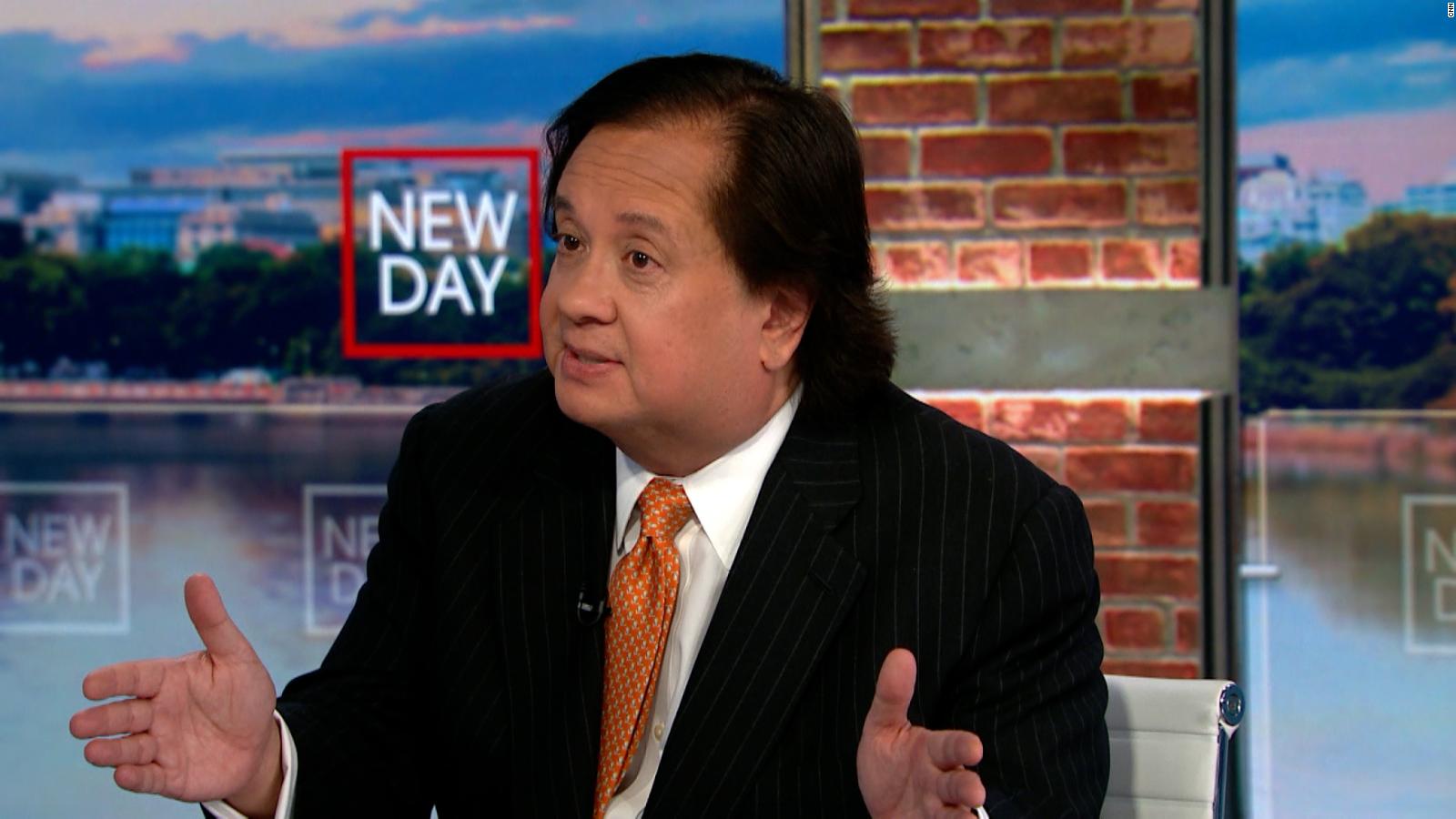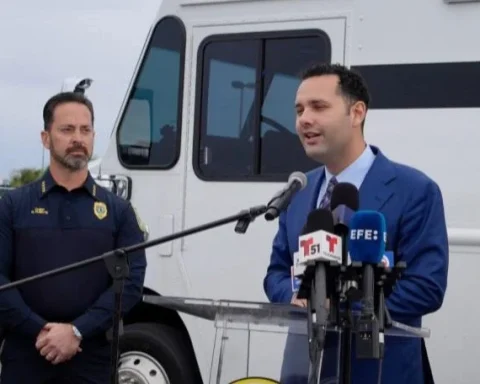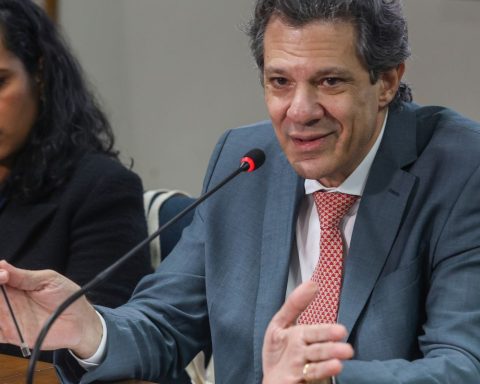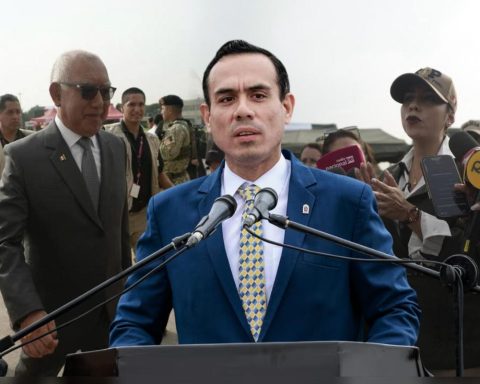Conservative attorney George Conway George Conway said Friday that former President Donald Trump could face serious legal trouble after the FBI raided his Mar-a-Lago residence in Florida to retrieve classified documents.
In an interview with CNN anchor Erin Burnett, she was asked if Trump was in trouble after the raid. Conway responded: “Yes, I think he is at substantial legal risk.” “If a national security adviser had done this; if an assistant to the president had done this; if I had done this or if you had done this, we probably would have been billed by now,” she added.
With the approval of Attorney General Merrick Garland, the FBI executed a search warrant for Mar-a-Lago in search of top secret (TS) and sensitive compartmentalized information (SCI), as well as other classified documents.
The Washington Post reported last Thursday that federal agents searched for records related to nuclear weapons, but Trump said it was a “hoax.”
Search Warrant Proves Trump Removed Top Secret Documents From White House
“The nuclear weapons issue is a hoax, just like Russia, Russia, Russia was a hoax, the two impeachments were a hoax, the Mueller investigation was a hoax, and so much more. Same sleazy people involved,” Trump wrote on his social media platform Truth Social responding to the text of the Post.
Various sources say that the raid was based primarily on tips received from an informant, who identified the type of highly classified documents still in Trump’s possession and where they were located.
New York Times reported that the FBI recovered documents that included information related to “some of the most classified programs” in the United States.
Last February, the National Archives and Records Administration (NARA) questioned whether the presidential records turned over to the federal agency for historic preservation were complete or not. He later asked the Justice Department to investigate whether Trump illegally kept national security information. “He didn’t have to have these documents and as soon as the files pointed out, every single one of them should have been turned over to the government, and he didn’t. And that falls squarely under the prohibition of Section 793 and the Espionage Act,” Conway added.
The Espionage Act was first enacted in 1917, shortly after the United States entered World War I. It prohibits people from obtaining “any information related to national defense with the intent or reason to believe that the information may be used to harm the United States.”
The law also applies to the improper handling of sensitive information related to national security and imposes a fine and/or up to ten years in prison on those who violate it.
















